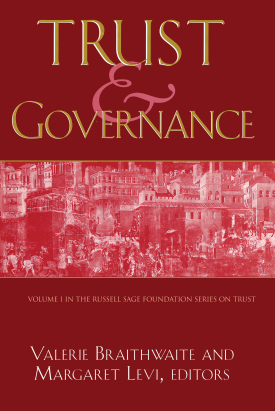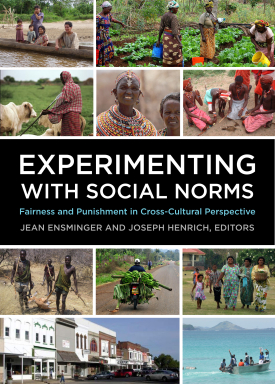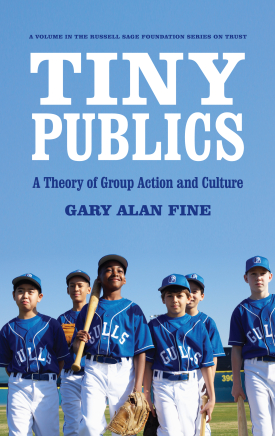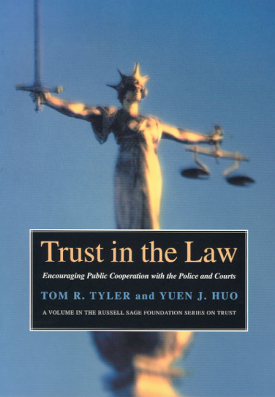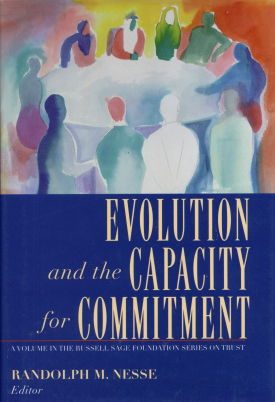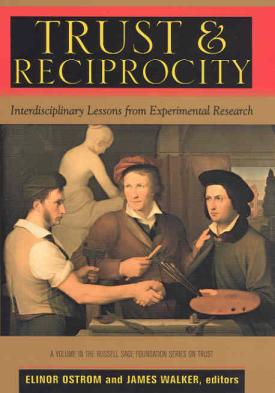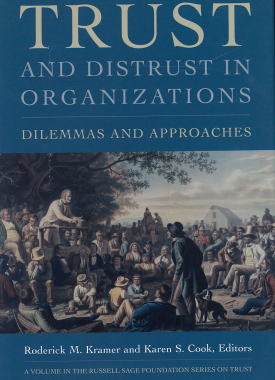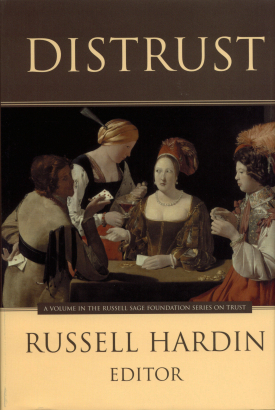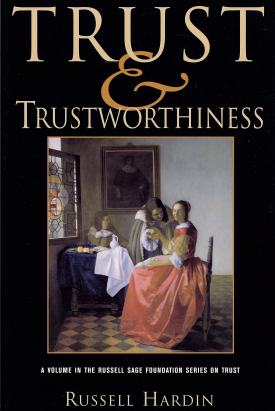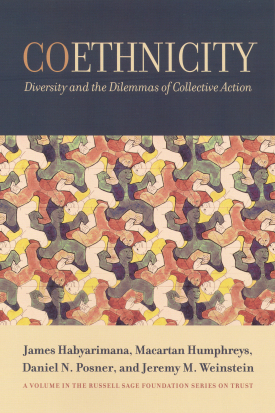About This Book
An effective democratic society depends on the confidence citizens place in their government. Payment of taxes, acceptance of legislative and judicial decisions, compliance with social service programs, and support of military objectives are but some examples of the need for public cooperation with state demands. At the same time, voters expect their officials to behave ethically and responsibly. To those seeking to understand—and to improve—this mutual responsiveness, Trust and Governance provides a wide-ranging inquiry into the role of trust in civic life.
Trust and Governance asks several important questions: Is trust really essential to good governance, or are strong laws more important? What leads people either to trust or to distrust government, and what makes officials decide to be trustworthy? Can too much trust render the public vulnerable to government corruption, and if so what safeguards are necessary? In approaching these questions, the contributors draw upon an abundance of historical and current resources to offer a variety of perspectives on the role of trust in government. For some, trust between citizens and government is a rational compact based on a fair exchange of information and the public's ability to evaluate government performance. Levi and Daunton each examine how the establishment of clear goals and accountability procedures within government agencies facilitates greater public commitment, evidence that a strong government can itself be a source of trust. Conversely, Jennings and Peel offer two cases in which loss of citizen confidence resulted from the administration of seemingly unresponsive, punitive social service programs.
Other contributors to Trust and Governance view trust as a social bonding, wherein the public's emotional investment in government becomes more important than their ability to measure its performance. The sense of being trusted by voters can itself be a powerful incentive for elected officials to behave ethically, as Blackburn, Brennan, and Pettit each demonstrate. Other authors explore how a sense of communal identity and shared values make citizens more likely to eschew their own self-interest and favor the government as a source of collective good. Underlying many of these essays is the assumption that regulatory institutions are necessary to protect citizens from the worst effects of misplaced trust. Trust and Governance offers evidence that the jurisdictional level at which people and government interact—be it federal, state, or local—is fundamental to whether trust is rationally or socially based. Although social trust is more prevalent at the local level, both forms of trust may be essential to a healthy society.
Enriched by perspectives from political science, sociology, psychology, economics, history, and philosophy, Trust and Governance opens a new dialogue on the role of trust in the vital relationship between citizenry and government.
VALERIE BRAITHWAITE is associate director of the Research School of Social Sciences at the Australian National University, Canberra, Australia. She is also coordinator of the Trust Strand of the Reshaping Australian Institutions Project in the Research School of Social Sciences.
MARGARET LEVI is professor of political science and Harry Bridges Chair in Labor Studies, University of Washington, Seattle. She is also director of the University of Washington Center for Labor Studies.
A Volume in the Russell Sage Foundation's Series on Trust

